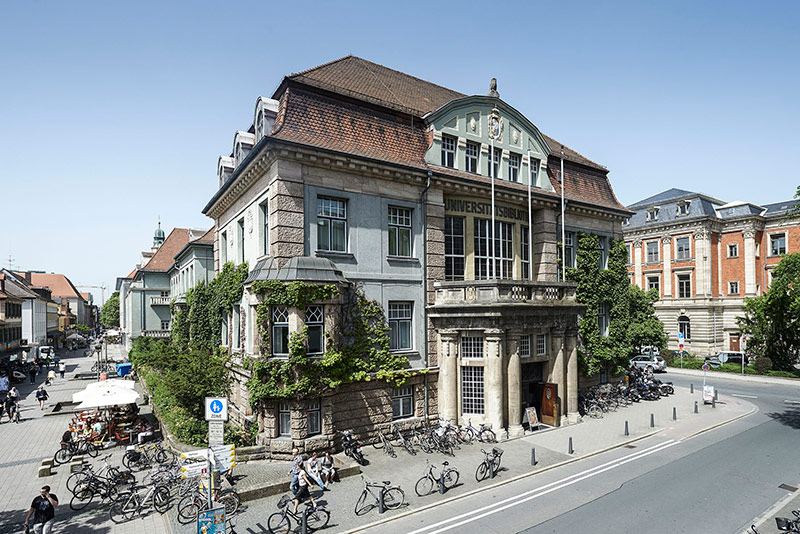University of Erlangen
Erlangen is home to the Friedrich Alexander University (FAU). Founded as early as 1743 with 63 students, it has grown to become the second largest university in Bavaria with eleven faculties, over 10,000 employees, over 22,000 students and a unique variety of programs (over 90).
Most of the faculties are located in Erlangen, so when we talk about studying at the University of Nuremberg, you are really only talking about the fields of economics, economics and social sciences and education.
The university is ranked 317th in the QS Ranking, which is not a bad ranking (see University Rating Agencies and Their Importance).
In fact, the University of Erlangen-Nuremberg is one of the ten largest, most research-intensive and internationally oriented universities in Germany. There are 308 chairs divided into five faculties. Two thirds of the students study in Erlangen and one third in Nuremberg. The university is funded by the federal government as part of the “German Excellence Initiative” (there are 11 universities in this program, with one additional university). The cluster of excellence “Advanced Materials Engineering” bridges the gap between engineering and natural sciences and connects the university with the Max Planck Institute and the Nuremberg-based Fraunhofer Institute.

ERLANGEN UNIVERSITY IN NUMBERS
| Date of foundation | 1743 |
| Total Number of Students | 37.769 |
| Semester Fee (includes public transportation ticket) | 108€ |
| Tuition Fee | Free |
Erlangen University Applications
Applications to the University of Erlangen-Nuremberg are made directly to the university and the HZB is assessed by the school (see What is HZB?). Proof of German language proficiency at level C2 is required for admission to undergraduate programs. The following language certificates are valid:
TestDaF – at least 4 in each of the four parts of the exam (a 3 in one part can be balanced by a 5 in the other part) (Exception: three 4s and one 3 are considered sufficient at the Faculty of Science)
Goethe Certificate C2: Greater German Language Diploma (GDS) (at least 60 points in each of listening, reading, writing and speaking.
German language diploma from the Kultusministerkonferenz Level II (DSD II) with C1 in all parts of the exam
German language test II from the Institute for Languages and Interpreting in Munich
telc Deutsch C1 Hochschule “pass”
If you have a B2 level of German (you have to present a certificate), you can apply before the school’s admission period (end of March/end of September), provided that you take and pass the school’s DSH exam. The school offers an intensive crash course in preparation for the DSH exam (100 Euro + 80 Euro exam).
If your German language skills are at A2 level, you can apply to the preparatory school. However, you will not have student status during this period. At the end of the course you will take the DSH exam. If your knowledge of German is limited, consider that the preparatory school can last 1.5 years before you start university.
You can find the school’s website here.
Did I help you? If you have any questions, you will probably find the answer on these pages, but you can still contact me at recep[at]recepdayi.com.tr and on my social media accounts. I try to improve my articles according to your feedback, so please send me your comments. Thank you in advance.




